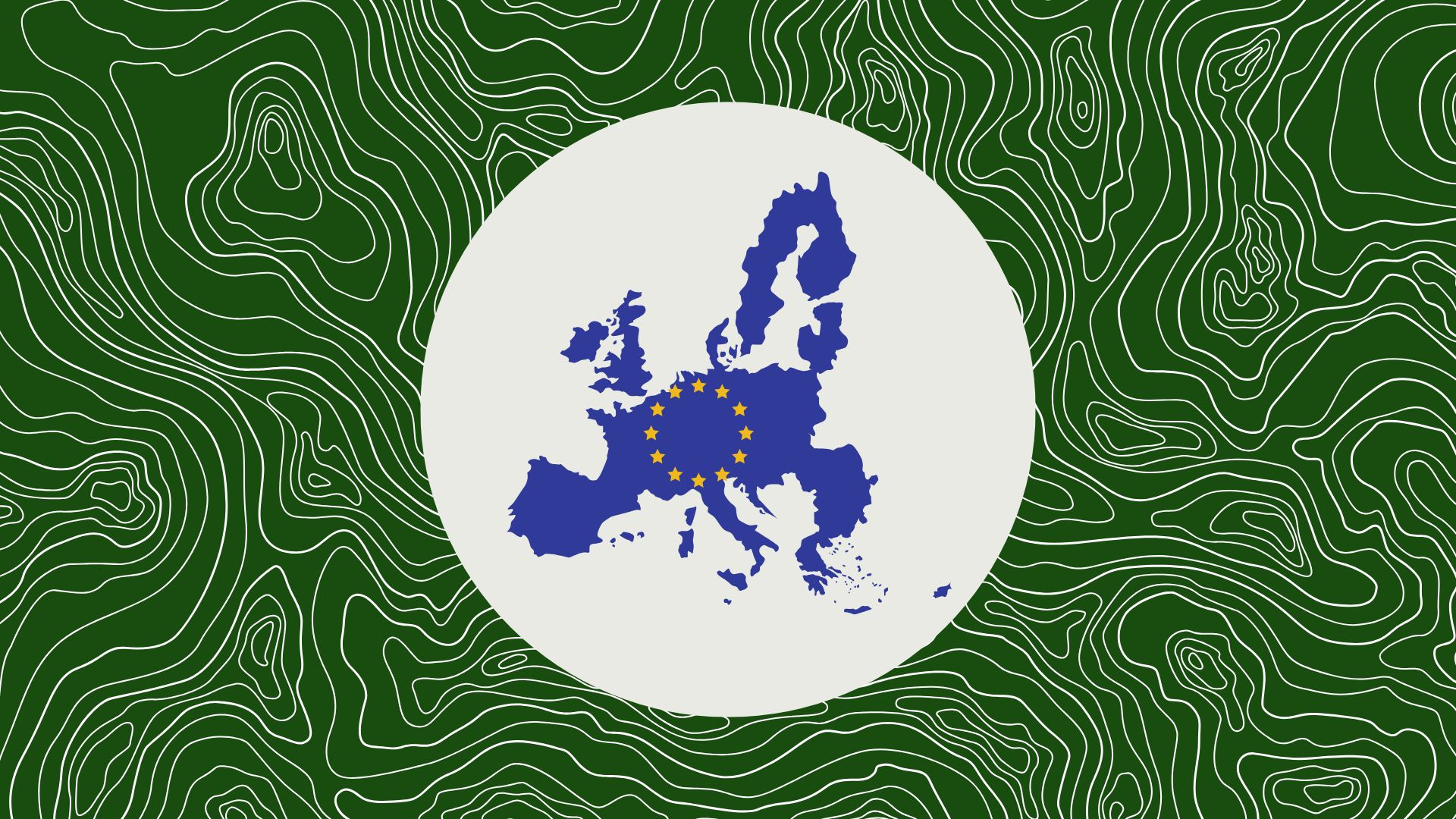Good Afternoon, and welcome to the Friday Digital Roundup.
In today’s exciting roundup of digital marketing updates, we’re diving into Meta’s ambitious expansion into the EU with Threads, followed by Bing’s unveiling of the Deep Search feature, and wrapping up with Google’s significant move in privacy with the “right to be forgotten” ruling.
Let’s delve into these stories and uncover what they mean for the digital world.
Meta’s Big Move: Launching Threads in the EU

Meta is gearing up to introduce Threads in the European Union (EU) by the end of 2023.
This strategic move follows major advertisers like Disney, Paramount, and Sony Pictures withdrawing from Elon Musk’s platform. These companies reacted to Musk endorsing an antisemitic conspiracy theory.
Impact on Marketing Strategies
While Threads currently doesn’t feature ads, there’s ample opportunity for brands. They can expand their audience via influencer collaborations. It’s important to remember that advertising on Threads is expected soon. These ads are predicted to play a major role in the app’s revenue.
Navigating EU Regulations
Threads initially didn’t launch in EU countries due to stringent privacy laws. To align with these regulations, Meta redesigned Threads. Now, users can enjoy the app without needing a profile. However, creating a profile is essential for those wanting to post content, as the Wall Street Journal reported.
Enhanced User Control
Adam Mosseri, Instagram’s chief, announced a user-friendly update. Threads users can now delete their Threads profile without affecting their Instagram account.
A Growing User Base
Meta CEO Mark Zuckerberg shares impressive numbers. Threads boasts nearly 200 million monthly active users. He anticipates this number to reach a billion in the coming years. With its EU debut, Threads could attract an additional 40 million users monthly, predicts tech analyst Aho Williamson.






